Google Ads for Real Estate Agents
Done-for-You Lead Generation with Expert Google PPC Management.
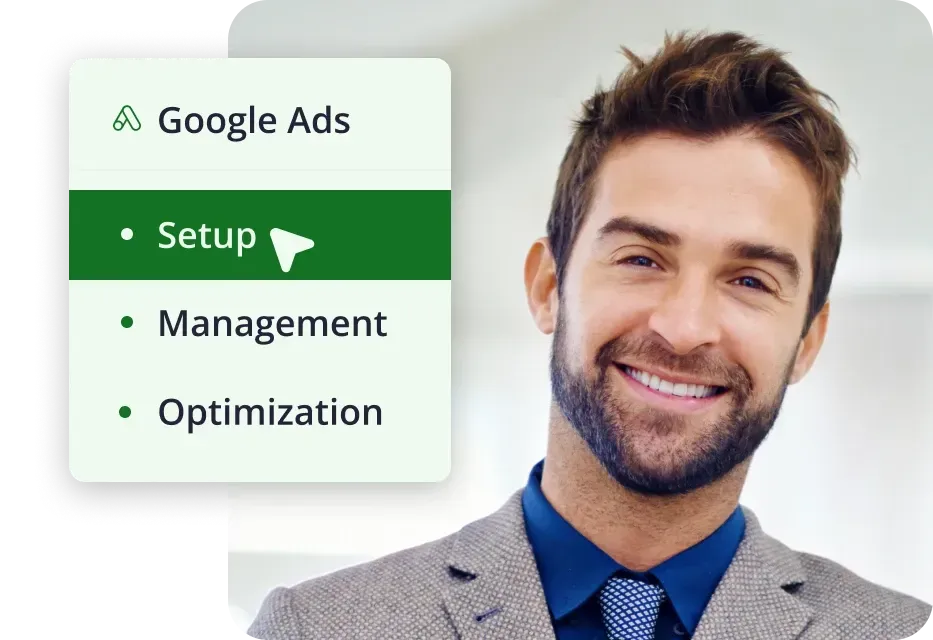
Trusted Google Partner

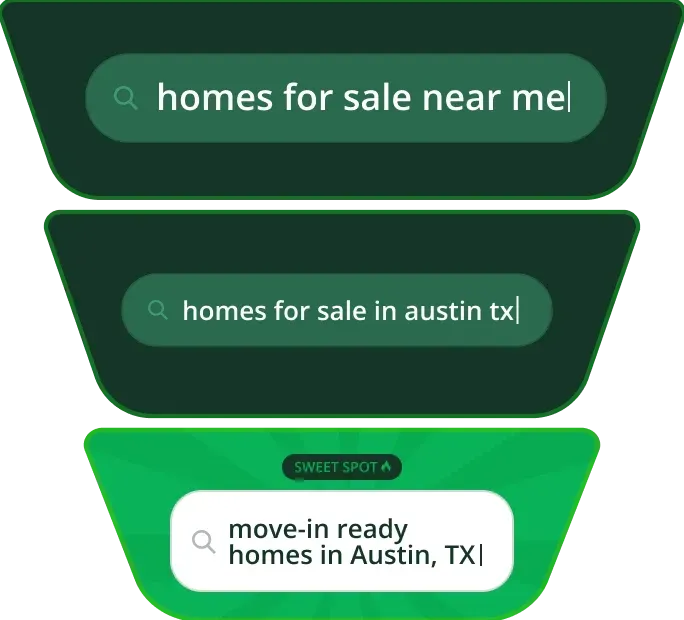
Ads That Bring in High Intent Prospects
Get in front of motivated buyers and sellers with high-converting Google Ads for real estate agents—optimized for maximum ROI.
“One page has generated 16 deals that I would not have earned without Agent Launch.”

John Garuti | Babcock Ranch, Florida

Google Ads That
Actually Convert
Stop wasting money on ads that don’t bring in quality leads.
Our Google Ads strategy is designed to target high-intent buyers and sellers, maximize your ROI, and put you in front of the right clients at the right time.
Hyper-targeted campaigns
Done-for-you ads management
Optimized to get you maximum ROI
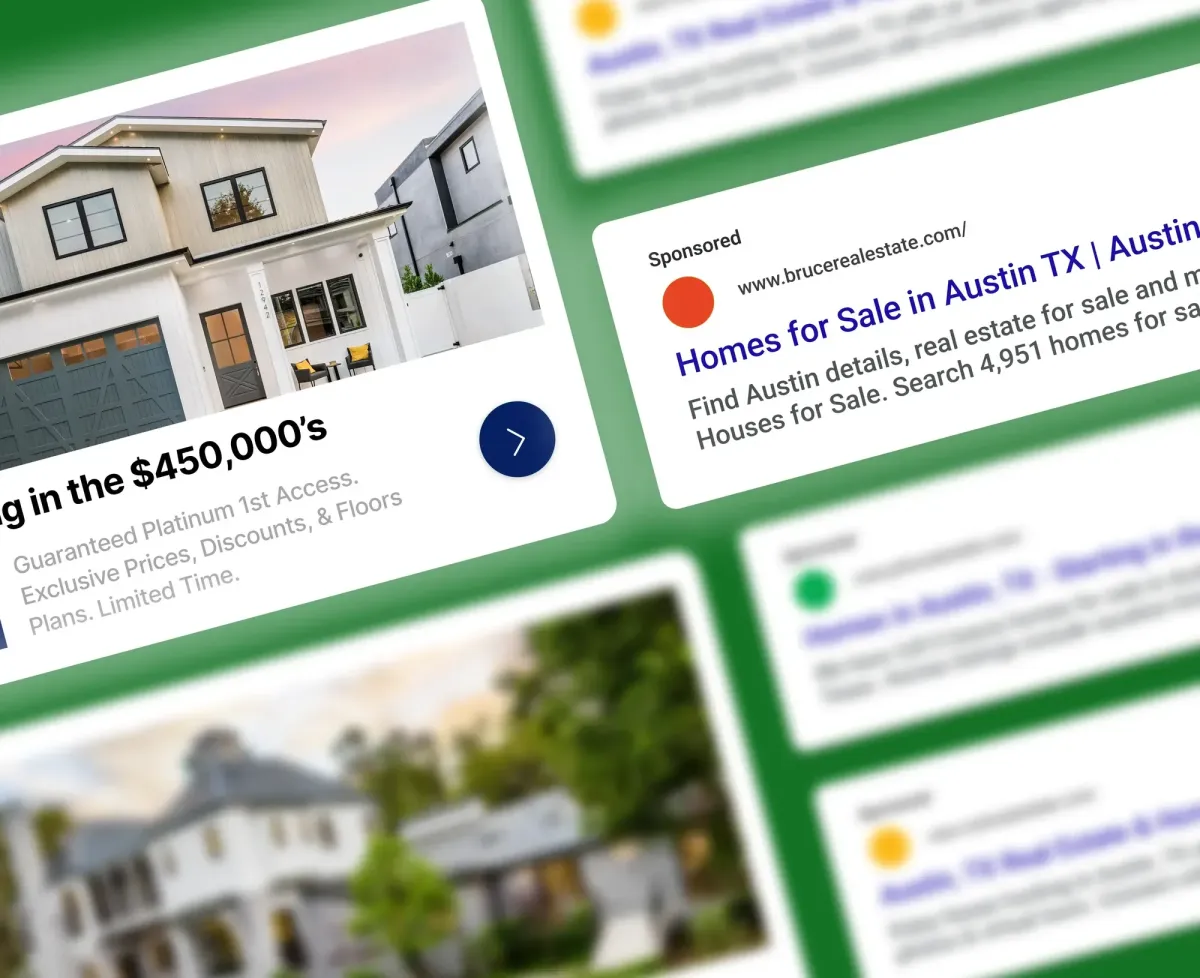
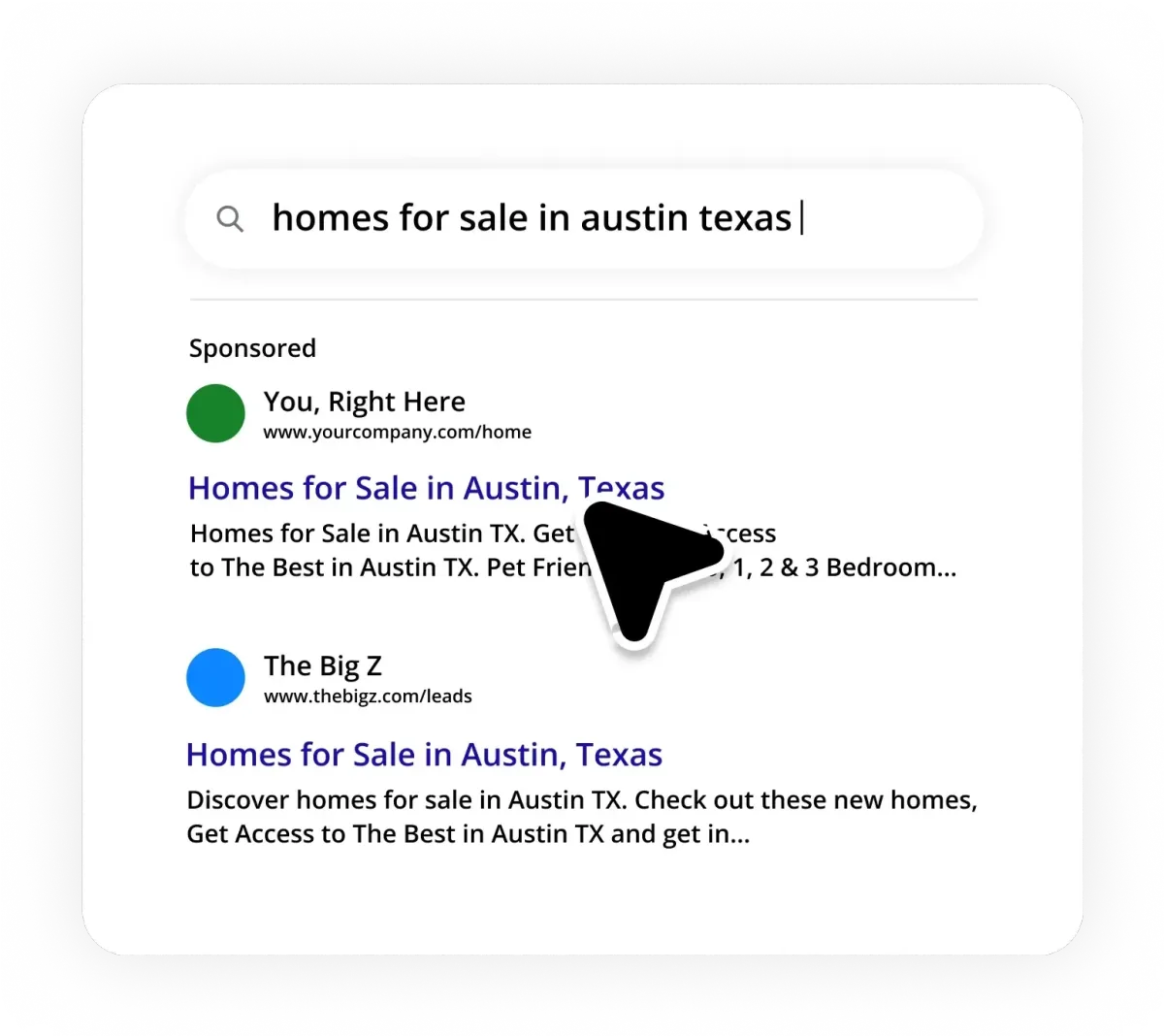
Precise Keyword & Location Targeting
Forget about generic leads - you need the right leads. Our Google Ads focus on precision. That starts with targeting the right keywords AND the right locations WITH the right message.
However, it's not just about what you target - it's about what you exlude that makes ads work. Your ads will appear first for specific keywords, targeting buyers with intent to purchase a home in your area.
“This past quarter, I was the highest producing solo agent for Real Broker in the entire United States, and theres no way I would have put up those numbers without Agent Launch.”

Lex Ferguson | Life On Oahu


Fix Your
Lead Problem
Many agents face a common challenge: too few leads or inconsistent lead flow. To convert even a small percentage of leads, you need a reliable real estate lead generation system.
Our system fills your pipeline with qualified leads and tracks their progress toward conversion. With years of experience, we know that agents value quality as much as quantity. That's why we focus on delivering the most qualified leads, ensuring your pipeline is filled with the prospects you need.
Start Generating
Leads In Days
Get up and running fast with our streamlined setup—designed to connect you with motivated buyers and unlock new opportunities quickly.
We match you with real estate leads searching for homes that are ready now. Focus on building relationships and closing deals while our system brings quality leads straight to you.
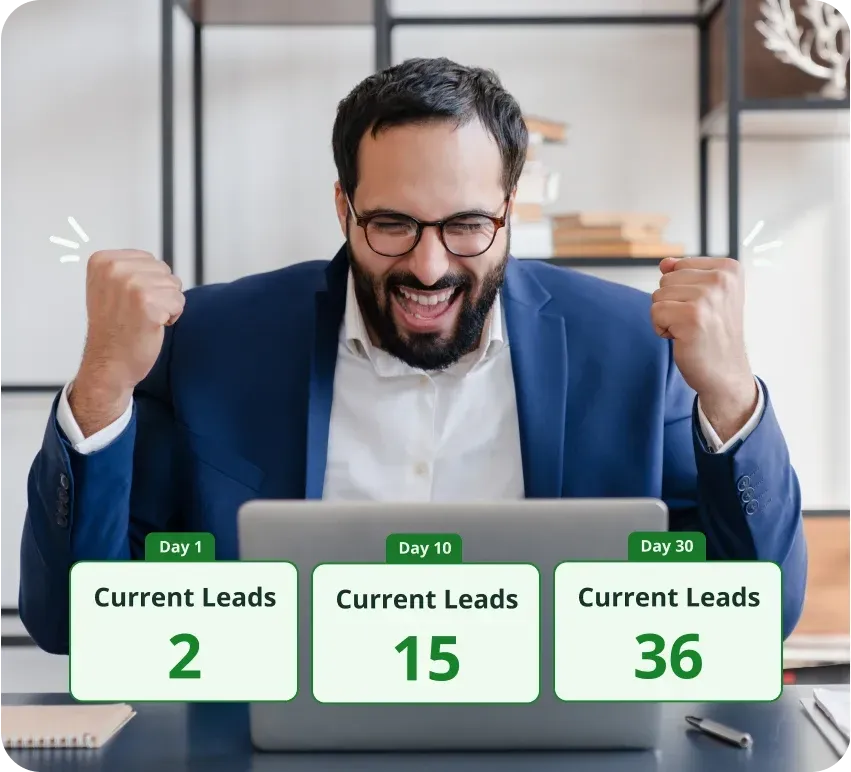

It's time to meet your future clients
Connect directly with high-intent buyers ready to
find their new home.
©2021 Agent Launch LLC | Privacy Policy | Terms of Service
©2025 Agent Launch LLC | Privacy Policy | Terms of Service
2055 Limestone Rd STE 200-C, Wilmington, DE 19808


